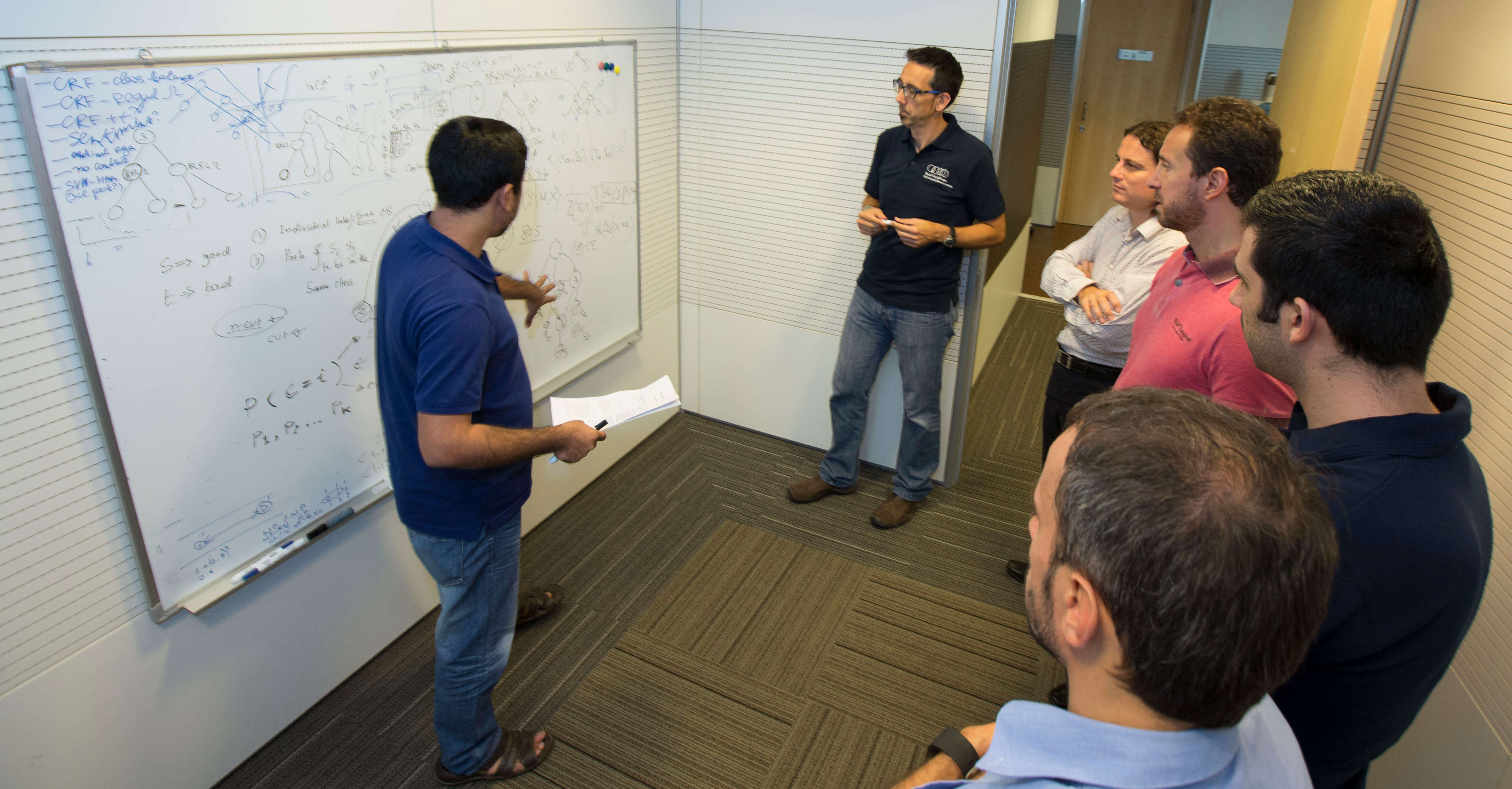
Qatar Computing Research Institute (QCRI), one of Hamad Bin Khalifa University’s (HBKU’s) prestigious national research institutes, has partnered with Qatar Living, a rich source of non-official information on Qatar, to incorporate natural language understanding technology on the Qatar Living website.
QCRI’s Arabic Language Technology (ALT) Group has worked on the advancement of the technology for over two years. In collaboration with a team of engineers from Qatar Living, the development is now ready for industry application, allowing visitors to the website the ability to easily and quickly find answers to their questions on the forum to save time.
QCRI joined forces with researchers from the Massachusetts Institute of Technology’s Computer Science and Artificial Intelligence Laboratory (MIT-CSAIL) to develop novel algorithms for language processing on the data provided by Qatar Living.
“The collaboration with Qatar Living provides an excellent opportunity to demonstrate our technology, and acquire insights from these kinds of real-world applications,” said Dr Alessandro Moschitti, Principal Scientist at QCRI and Principal Investigator on the QCRI side of the project. “Our joint research with MIT has strengthened our ability to build state-of-the-art technology in the field of Natural Language Understanding.”
Dr. James Glass, a Senior Research Scientist at MIT CSAIL and Principal Investigator on the CSAIL side of the project, said: “Together with researchers at QCRI, and with data provided by Qatar Living, we have been able to jointly develop advanced natural language processing methods that will ultimately benefit society by providing easier, more effective means to search for information available in community question-answering forums.”
Though the World Wide Web has significantly increased access to a vast volume of information, a growing amount of data has become an obstacle to efficiency, requiring users to search for extended periods of time in order to arrive at sought-after results. The work of QCRI has potential to positively impact the daily lives of users as well as companies focusing on information management.
The QCRI technology is based on machine learning and deep linguistic and semantic analysis, enabling machines to understand questions and comments by forum users. By carrying out intelligent exploration of textual data, computers can analyze user requests, and within a few seconds, find key information among the thousands of comments, e.g., made on the Qatar Living website. With the introduction of semantic processing technology, internet users are offered a number of benefits including an increase in search effectiveness and accuracy and, in the near future, the possibility of automatically deriving the veracity of information they receive.
Bilal Randeree, Managing Director at Qatar Living, said: “As the most popular local website in Qatar, we're excited to be able to better help our users find the information they need by utilizing the technology developed by the QCRI-CSAIL team. Because there is often a lack of reliable information available related to different aspects of living and working in Qatar, our users come to Qatar Living for help from the community. The partnership allows us to make effective use of the wealth of information across the site and further improve the user experience following on from our recent website re-design."
Natural Language Processing has been incorporated into the Qatar Living website over the past week. The foundation research was presented at last week’s annual QCRI-MIT CSAIL research projects review meeting in Doha.
Following the launch, the research teams have begun developing a new type of Arabic language search technology and the next generation of semantic-based text search, featuring customized user interfaces, measuring mechanisms for data reliability, as well as identification of malicious users and near-duplicate search queries.
This multi-institution research project, which promises more efficient and effective search of information integral to residents of Qatar, is testament to the priority HBKU, a member of Qatar Foundation, assigns to community development. The project also speaks to the University’s commitment to providing the kind of knowledge and skills that meet local needs, and respond to global trends, with the technological development aimed to positively impact companies in Qatar, the region, and the rest of the world.
To learn more about the initiative and other research being conducted at QCRI, visit http://qcri.com/.





